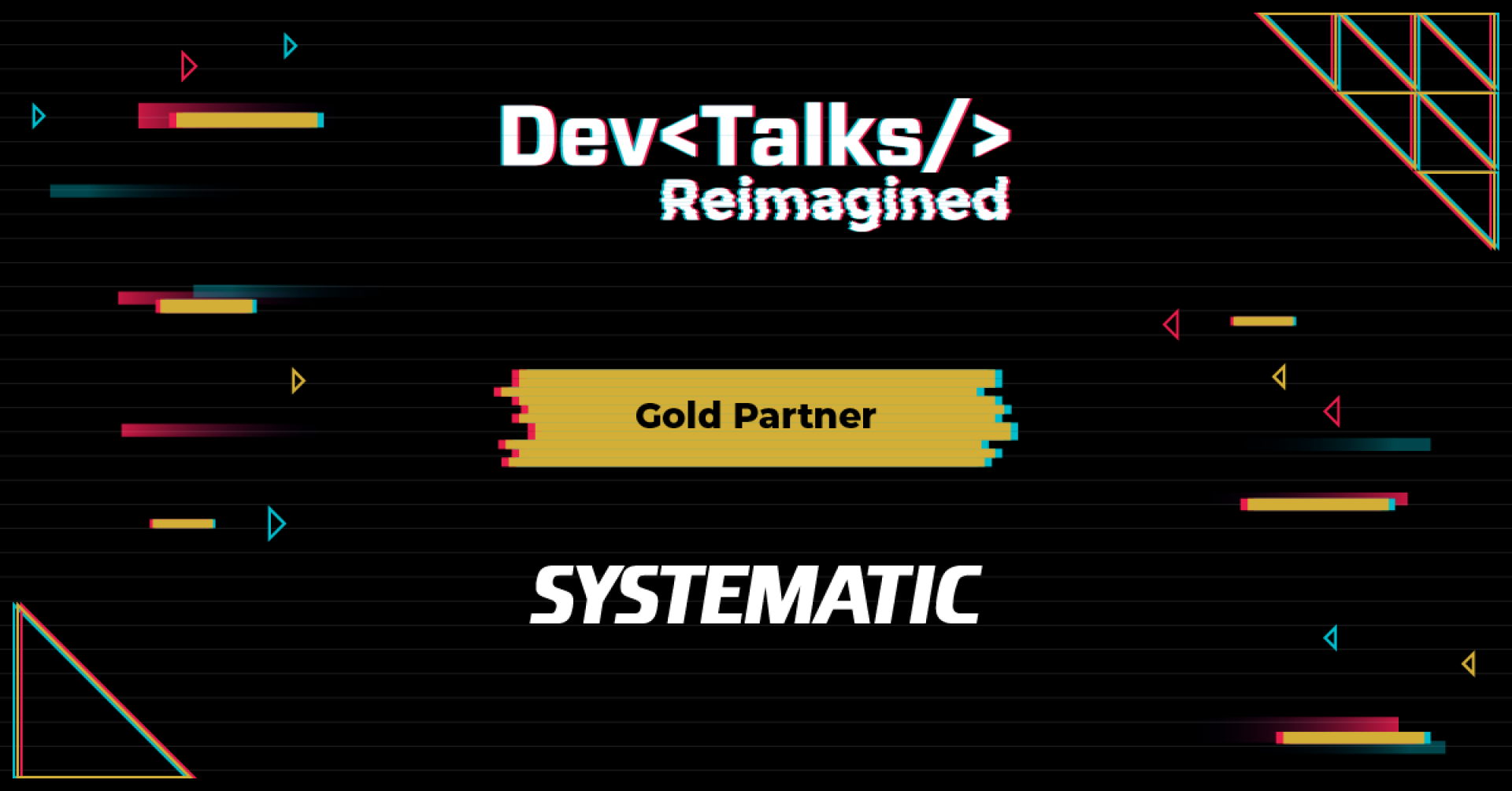MEET ȘTEFAN TELEU, PROJECT MANAGER AT SYSTEMATIC FOR DEFENCE DEPARTMENT
Thursday 12 Aug, 2021

Ștefan Teleu, Project Manager at Systematic for Defence department:
You have a higher sense of purpose when you develop a product used in the field by those who risk their lives. You also have a high responsibility, knowing that your application helps them avoid unpleasant situations or even saves lives.
Systematic is an international software company with a Danish-inspired culture. The development center in Romania started its activity in 2017 and currently has over 120 employees working on education, healthcare, and defence projects.
We had the chance to meet Ștefan Teleu, Project Manager at Systematic in the Defence Department, and learn more about what it is like to be the manager of a team developing military software. Here are his main thoughts:
- When some people hear about working for the defence industry, they associate this field as being strict or having a particular discipline and complex processes. But my experience at Systematic proved quite the opposite.
- The application itself is tested and implemented as if we were working directly with the customer, our Product Owners being people with military backgrounds, and using our application in the field.
- I think the most challenging part about working with SitaWare HQ is understanding very well what it does. There are two aspects to consider: on the one hand, you have the technical aspect of the application, the technologies, the architecture, and business logic; on the other, you have the military specificities, the domain knowledge.
- To help with this, we have developed a program called Academy, a layer of project-specific training over the standard onboarding. What does this mean? In the first two months as a new employee, this program provides everything needed for our new colleagues to adjust and develop their application knowledge.

- What convinced you to join Systematic?
I decided to join Systematic because I was attracted to the Defence domain. Five years ago, most projects in the Bucharest job market were in finance and telecommunications, so I wanted to work for a different industry. I was also attracted by the fact that Systematic produces in-house software. At that time, the majority of the organizations were outsourcing companies. All these aspects determined me to take the next step in my career with Systematic.
My background is as a Software Developer, and I was hired at Systematic on this role. At my previous job, I did more back-end programming and a little bit of front-end. At Systematic, I switched to a full-stack role. That was when I realized that I like front-end development much more than the back-end that I was used to up to that point. I was hired to work on the SitaWare Headquarters project (5 years ago, SitaWare was a project, not a program as it is now). I was part of several teams in the project, but the last team I was part of is my current team, which I currently manage, where after being a developer and scrum master, I became a project manager.
- What was your evolution within the company?
I have been at Systematic for five years, and I am one of the employees that has been in the Romanian office for the longest time. I started as a Software Engineer, and after two years, I took the opportunity to become a Scrum Master. I was encouraged by my manager to go in the direction of becoming a project/people manager. He noticed that I had this inclination towards the leadership area, although I did not realize this at the time. Talking to him and taking his feedback and the feedback from my colleagues, I noticed that working with people brings me a lot more satisfaction than writing code. So I said, “Let’s try this!”. Sometime later, I had the chance to become the manager of the team I was already a part of, which means that I became the manager of my colleagues.
- What is it like to develop applications for the Defence industry?
In this regard, there is a certain stigma. When some people hear about working for defence or army industries, they associate the field as being strict or having a particular discipline and complex processes. But my experience at Systematic proved quite the opposite. We have well-established processes, and we give more attention to certain areas, but they all serve a specific purpose within our organization. The most relevant example of this is the CMMI5 certification, which means that we have clear procedures and standards at the company level, guaranteeing that we deliver on our promises and within our customers’ expectations.
My experience working as a developer for the Defence team was great! You have a higher sense of purpose when you develop a product used in the field by those who risk their lives, and you know that your application helps them avoid unpleasant situations or even save lives. The application itself is tested and implemented as if we were working directly with the customer, our Product Owners being people with military backgrounds and who have used our application in the field. I find it very motivating to know that my work helps someone instead of just being a part of a giant impersonal system.
From the manager’s perspective, my experience is not significantly different. Maybe only in some aspects, as our contracts and the CMMI5 certification impose specific standards and restrictions that we must adhere to. Sometimes you end up in challenging situations where you have to carefully decide what you can deliver and make sure that you do not make promises that you cannot keep. But this is something that you learn from experience, working with the team, understanding their pace, how long it takes us to learn a specific area of the application or new technology. This way, you can make a clear commitment on requirements or features to our customers, with as little risk as possible.
- Is there a reluctance for developers in Romania to work on projects in the Defence area?
I don’t think there’s a general reluctance to work in this domain. On the contrary, most people find the field interesting. However, I did happen to participate in interviews both as a technical assessor and as a manager, where I met people who were reluctant to go further with our discussion, invoking the moral perspective.
The software suite that we develop called Sitaware – Situational Awareness – provides the commander with all the necessary information related to personnel, equipment, and procedures that simplify information management and decision-making in critical situations. SitaWare is an application used not only in military operations but also for civilian emergencies or natural disaster management. Recently, SitaWare was used by the authorities in Germany, Ireland, and New Zealand in managing the COVID-19 pandemic.
From a developer’s perspective, the application is not different from other web applications except that we put a higher focus on quality and security. We have different tools and processes meant to help us in this direction and a strong focus on testing. We have test data tailored by our Product Owners to simulate real-life scenarios, we do exploratory testing and on top of that, we have a layer of automation.

- What is the most challenging aspect of delivering the SitaWare HQ application?
I think the most challenging part about working with SitaWare HQ is understanding very well what it does. There are two aspects to consider: on the one hand, you have the technical aspect of the application, the technologies, the architecture and business logic; on the other, you have the military specificities, the domain knowledge. I would say that reaching this understanding is the most complex part of working on this application, not necessarily the implementation of new functionalities. The implementation can usually be done once you understand the problem you are trying to solve. To help you with this, we have developed a program called Academy, which is a layer of project-specific training over the standard onboarding. What does this mean? In the first two months as a new employee, this program provides everything needed for our new colleagues to adjust and develop their knowledge of the application, including study materials, documentation, a mentor, practice exercises, and a backlog with low-priority issues that can be worked on by people new to HQ.
Two months is not always enough, and some people learn better from experience, not just by being exposed to the theoretical part. The role of this Academy program is to give you a joint knowledge base and start learning at your own pace.
There is an overlap with standard onboarding courses. The Academy represents the working hours of the first two months. During this period, the new colleagues are not required to work on project-specific tasks, but they are assigned to learn the product and procedures. Of course, if they prefer to learn more by doing, they are free to do so, but they are not forced to do so. The new joiners are given this time to adjust and ramp up at a pace that suits them to don’t feel like they’re thrown into the water and made to learn to swim on their own.
- What is exclusive to Romania in terms of this application/solution or service?
There are no discrepancies between what we do in Romania and Denmark. Still, starting with 2019, the Defence department has grown, and at the same time, the roles for the Romanian team have diversified. We now have Project Managers, Program Architects and Software Architects in the Romanian office. Responsibility for tasks is shared equally between our Romanian and Danish teams, most being mixed teams. Every week we have an “all hands meeting” with the entire Defence department to hear the latest news from our customers, celebrate promotions and welcome our new colleagues.
The onboarding process is held in Aarhus, at the company’s headquarters, where all new employees are encouraged to travel for one or two weeks and meet the local team. It was more challenging to do this during the pandemic, but we will bring this tradition back when things return to normal.
At Systematic, we have a flat hierarchy, meaning that you can directly approach anyone from the company, no matter the level of seniority or responsibility, if you need information or an opinion. People are friendly and willing to assist you, which was a very interesting approach when I first started working at Systematic. I was used to having a filter, a team lead, or a contact person to reach, and that person would spend days trying to give me the information that I needed. Here we encourage anyone to directly speak to anyone and get whatever information they need.
- What determines you to stay at Systematic?
I admit that there were also moments of doubt during the five years in Systematic, moments when I was unsure about myself and my role here. I have now reached a point where I have realized that there is still a lot more for me to learn and that the team that I manage is close to what I expect from the ideal team, so I am curious and excited to see how the team will grow, what its journey will look like and I want to there, along for the ride. These are some of the main reasons why I am at Systematic today.

